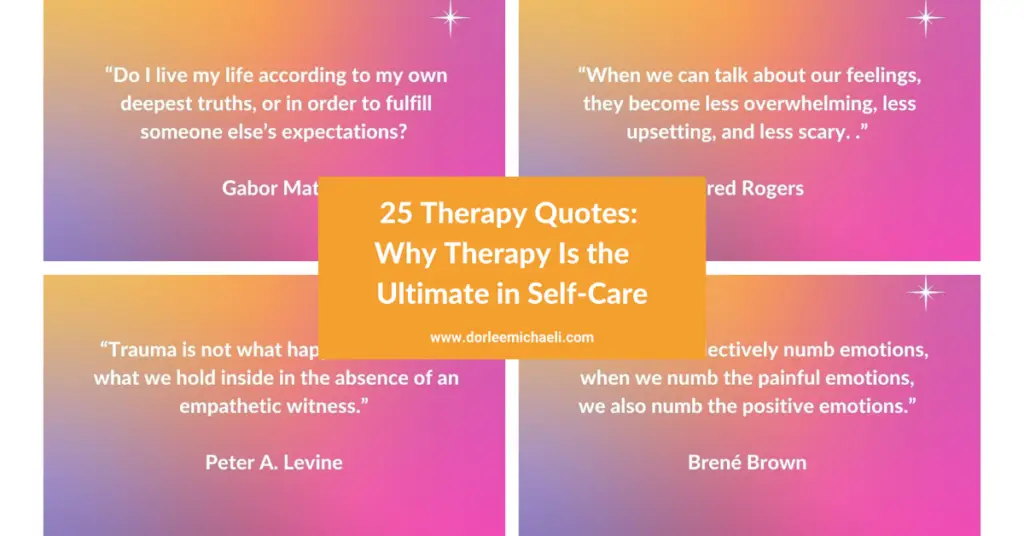
25 Therapy Quotes: how therapy is the ultimate in self-care
Below are 25 therapy quotes that offer a snapshot of what the therapy process can look like, and the many ways it can support your personal growth, emotional healing, and sense of self.
So often, self-care is thought of as tending to your physical needs: exercising, eating nourishing meals, getting restful sleep, taking time off, or setting up good financial self-care habits like budgeting or saving. These are all valuable and important.
But what’s often overlooked is that therapy is a powerful, deeper form of self-care – one that helps you care for your inner world.
Engaging in therapy is the ultimate self-care because it gives you space to slow down, reflect, and care for the parts of yourself that are often ignored or misunderstood. It’s where you begin to untangle the roots of anxiety, burnout, or feeling “not enough,” and where you can develop the tools to respond with more compassion and clarity.
While therapy can absolutely help reduce anxiety, depression, or other mental health challenges, it can also offer so much more. It helps you understand why you feel overwhelmed or stuck, and it guides you in shifting the patterns that may have been holding you back for years, sometimes since childhood.
In therapy, you might realize that your struggle to speak up at work, set boundaries in relationships, or prioritize your needs isn’t because you’re broken; it’s because you’ve adapted in ways that once helped you stay safe. Understanding this can be incredibly empowering.
Therapy won’t just help you uncover the “why” behind your patterns; it will also support you in practicing new ways of being. Over time, you may notice more ease in your relationships, more confidence in facing challenges, and more joy in your daily life.
It may even help you reconnect with long-lost parts of yourself, dreams or desires you buried, emotions you learned to suppress, or truths you were never given the space to say out loud.
For many, therapy is also the place where unresolved grief, unprocessed trauma, or deep family wounds can finally be faced and metabolized. It’s not always easy, but it’s incredibly worthwhile. As a trauma-informed therapist myself, I’ve experienced this firsthand.
I’m deeply grateful to the therapists I’ve worked with over the years, those who helped me navigate family health challenges, heal repressed trauma, and ultimately blossom in my life and career as a psychotherapist. They didn’t just “fix” anything for me. They walked beside me as I discovered my own capacity to heal.
My hope is that the therapy quotes below inspire you the same way therapy has inspired me, with courage, clarity and compassion. These words offer glimpses of wisdom from mental health experts I deeply admire, such as Bessel van der Kolk [The Body Keeps the Score], Lori Gottlieb [Maybe You Should Talk to Someone], Gabor Maté [When the Body Says No] and Jonice Webb [Running on Empty].

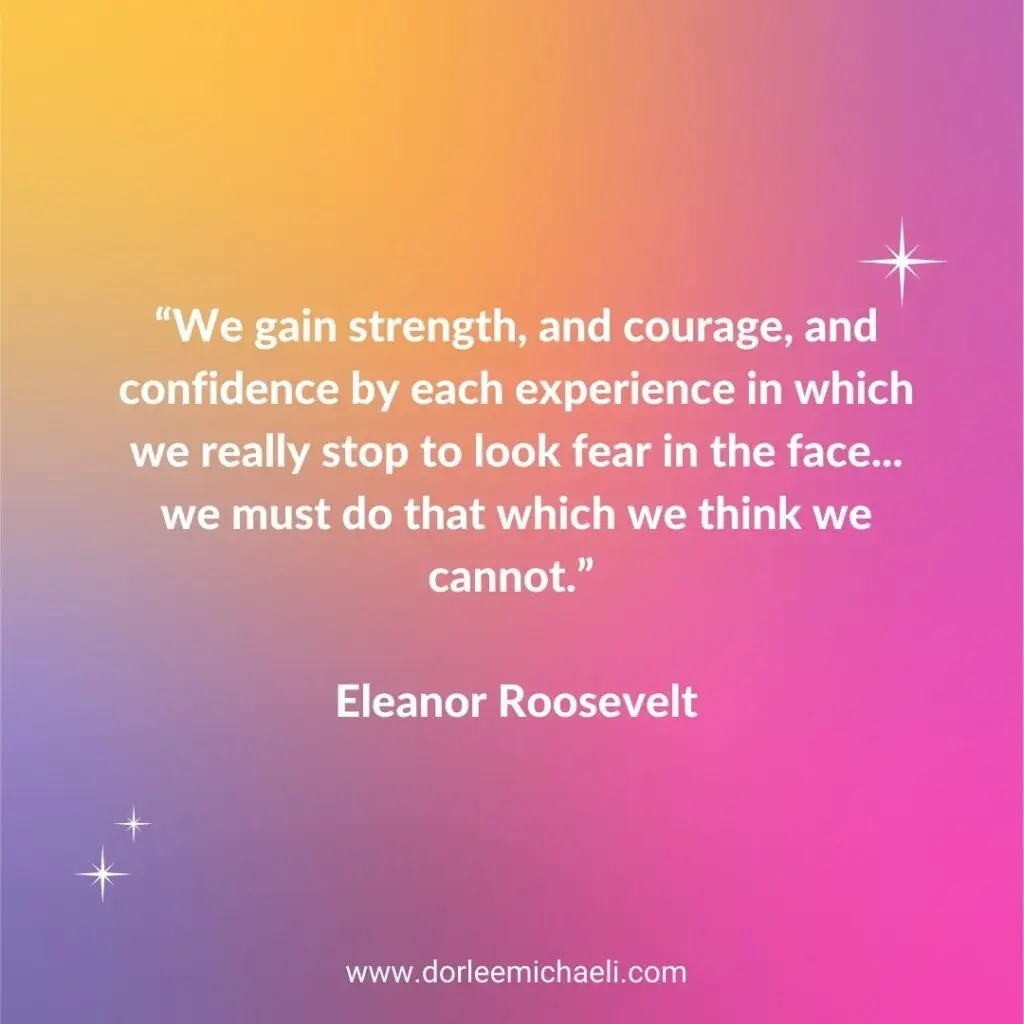
Quotes to Inspire Authenticity
Many of us have spent a lifetime living by rules we never consciously chose. As quiet, high-achieving women, we often learned early on to fit ourselves into the roles others expected of us, the dependable one, the accommodating one, the one who works hard without making a fuss.
These patterns often take root in childhood, when speaking up or showing certain emotions may not have been welcomed. To stay safe or maintain connection, we adapted by tucking parts of ourselves away. Over time, those adaptations can become so automatic that we don’t even realize we’re living according to someone else’s script.
Therapy offers the chance to pause and ask:
Am I living the life I want, or the life I was taught to want?
What would it feel like to act from my own values instead of defaulting to others’ expectations?
When we begin to answer these questions, we often discover that the exhaustion or low-grade dissatisfaction we’ve been feeling isn’t because we’re “broken.” It’s because we’ve been moving through life on autopilot, meeting everyone’s needs but our own.
An empathetic therapist can help you reconnect with the parts of yourself you’ve silenced, not by pushing you to change overnight, but by creating a safe space to experiment with new ways of being. This might mean learning to express needs without guilt, practicing saying “no” without over-explaining, or trying on a new role at work that reflects more of who you truly are.
For some, this work begins in moments of life transition — a job change, a move, a relationship shift, when the old way of operating no longer fits. For others, it begins with noticing how anxiety in high-achieving women flares up in situations that challenge our well-worn patterns. In both cases, authenticity isn’t about becoming someone new; it’s about returning to the self you were before the world told you who to be.
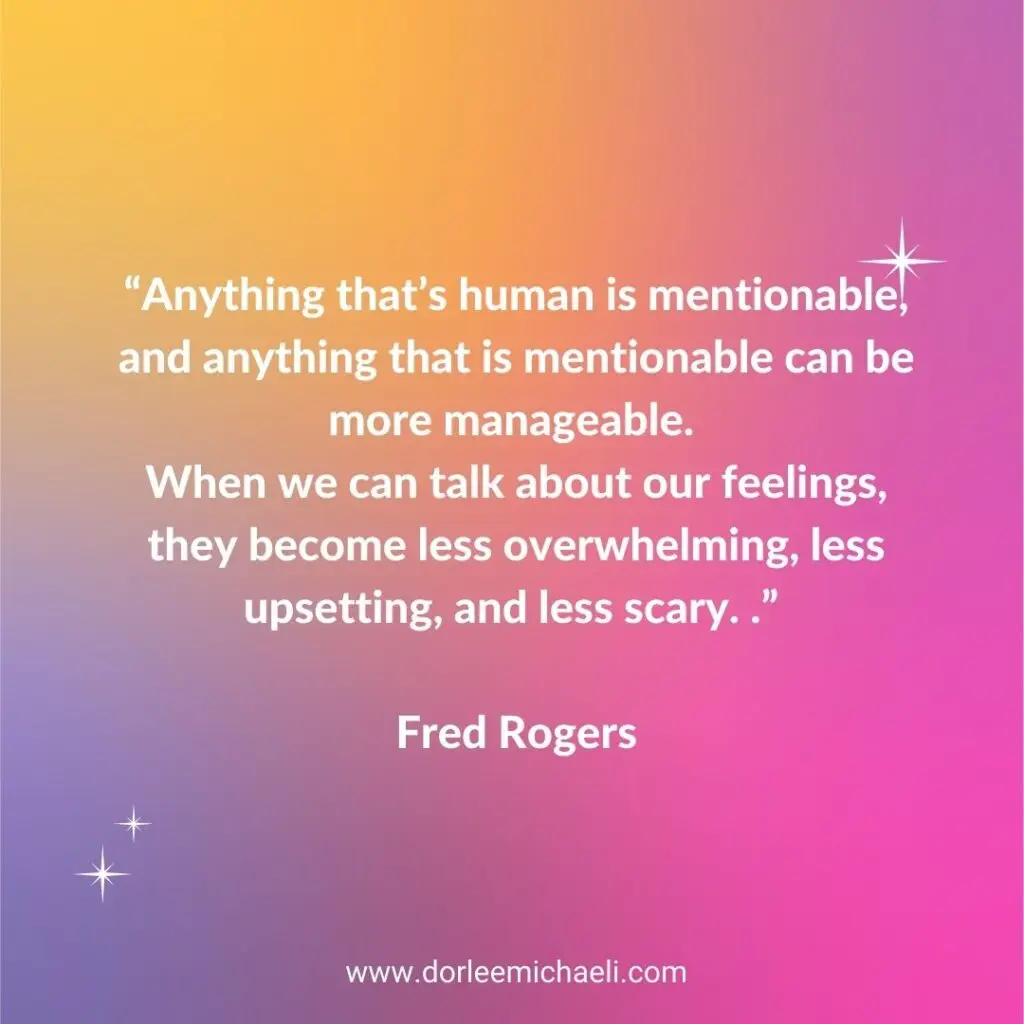
In therapy, naming what’s true for you, even if it feels uncomfortable at first, can be the first step toward living more fully and freely.
Many of us struggle to extend that same gentleness inward. If you find yourself caught in perfectionism or harsh self-criticism, you may find my post on self-compassion for perfectionists especially helpful.
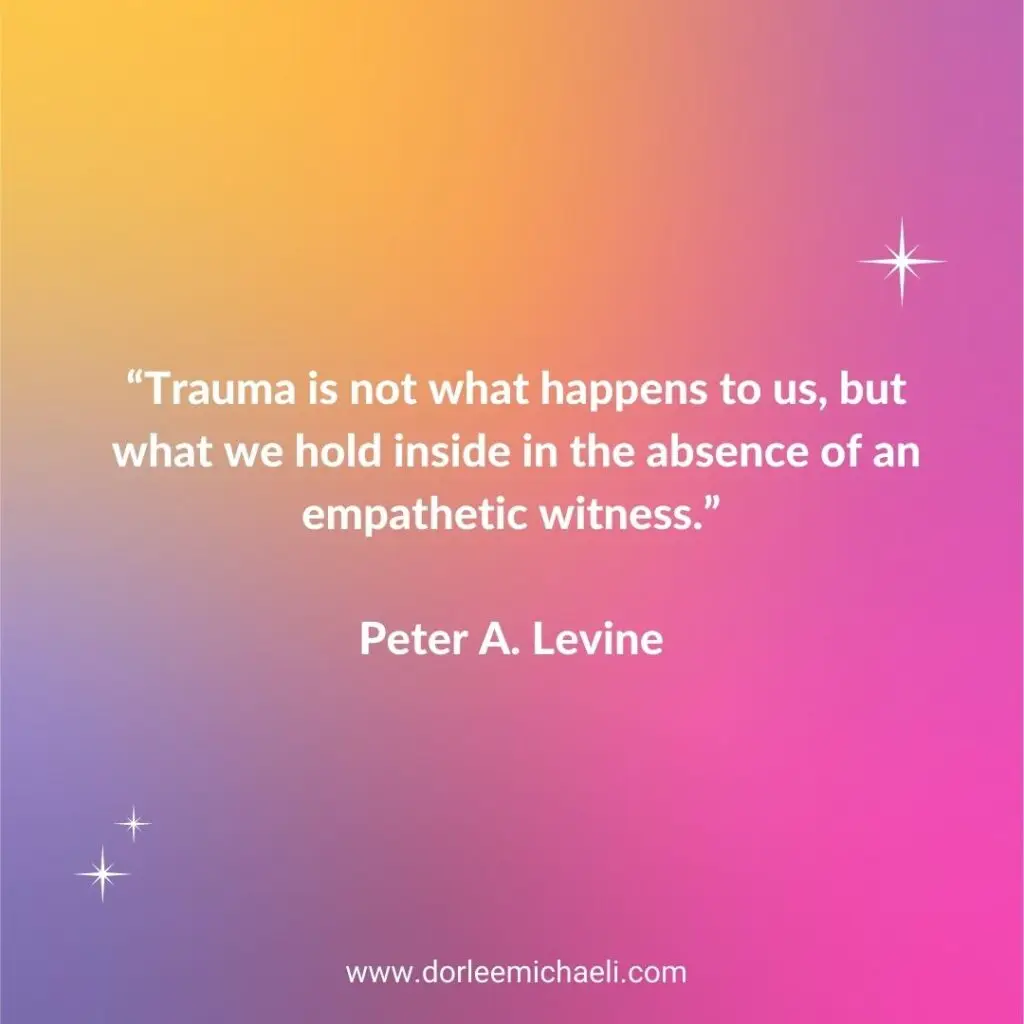
Becoming aware of your patterns is often the first step toward healing them.
For clients working through the impacts of trauma therapy, this awareness can be both empowering and tender. It’s not about blaming yourself for the ways you’ve learned to cope; it’s about recognizing that those strategies made sense at the time, and that you now have the capacity to choose something different.
One of the most effective tools I use to help clients move from awareness to change is EMDR therapy for trauma and anxiety. EMDR allows us to work with both the mind and body to reprocess distressing memories so they no longer trigger the same reactions. This means that instead of feeling hijacked by old fears or beliefs (“I’m not good enough,” “I’ll be rejected if I speak up”), you can respond with greater calm, clarity and choice.
Self-awareness is a lifelong practice. It’s not about being “perfectly mindful” all the time; it’s about catching yourself in the moment, offering compassion to the part of you that’s reacting, and gently steering in a new direction.
When you can see your patterns clearly, you’re no longer trapped inside them. And that’s where the real freedom begins.

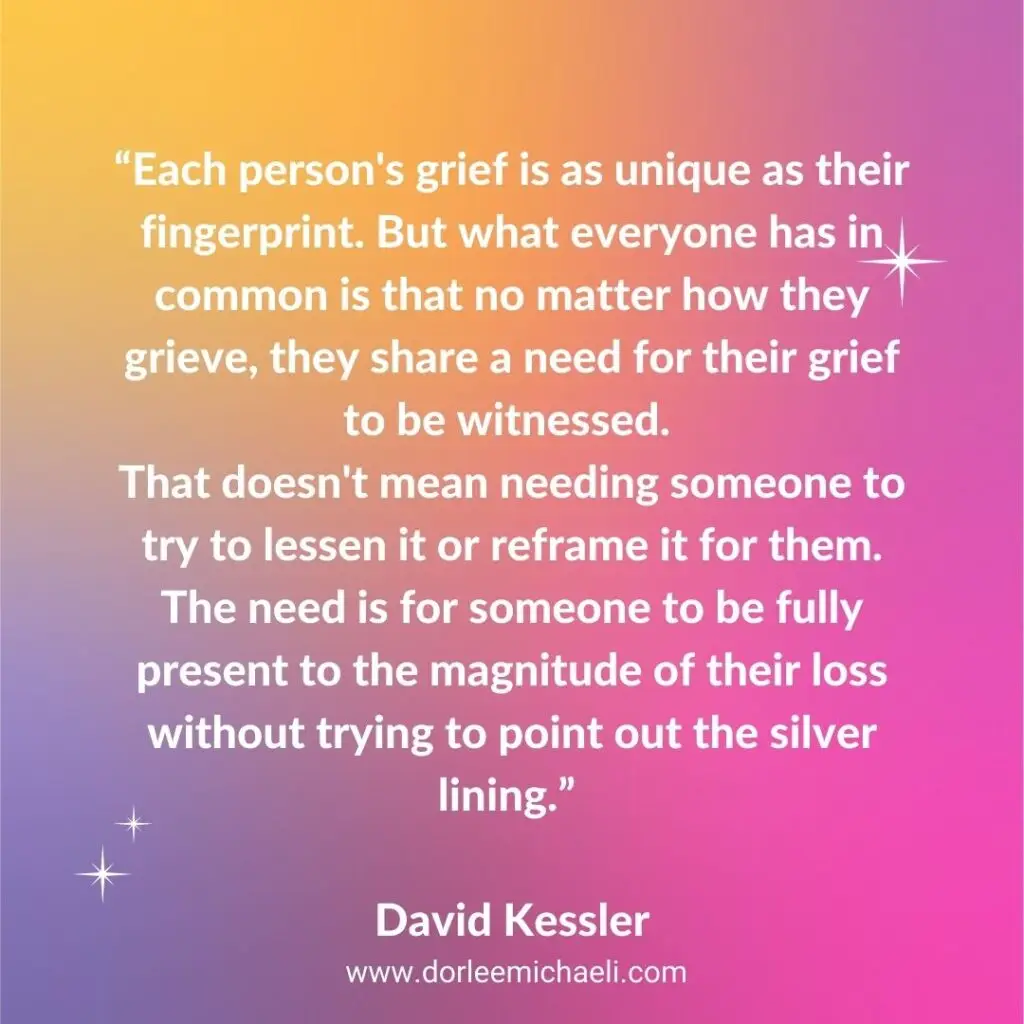


Quotes to Encourage Greater Self-Awareness
Self-awareness is the quiet superpower that often begins to grow in therapy. It’s what allows you to pause before reacting, notice the patterns playing out in your life, and begin to choose differently.
As quiet, high-achieving women, we’re often so focused on performing well, at work, at home, in relationships, that we rarely stop to examine why we do what we do. We may feel a spike of anxiety if we disappoint someone, or an automatic pull to fix a problem, even when no one has asked us to.
Many of these reactions aren’t random. They are learned responses, shaped by the experiences and relationships of our early years. If you grew up in an environment where love and safety felt conditional i.e., based on being “good,” achieving, or avoiding conflict, you might have developed deeply ingrained patterns to secure approval and avoid rejection.
In therapy, self-awareness often begins with noticing these patterns in the present moment. You might hear yourself apologizing for something you didn’t do wrong, or realize you’re holding your breath in a meeting. These observations are small but powerful; they’re the doorway into understanding how the past still influences your present.
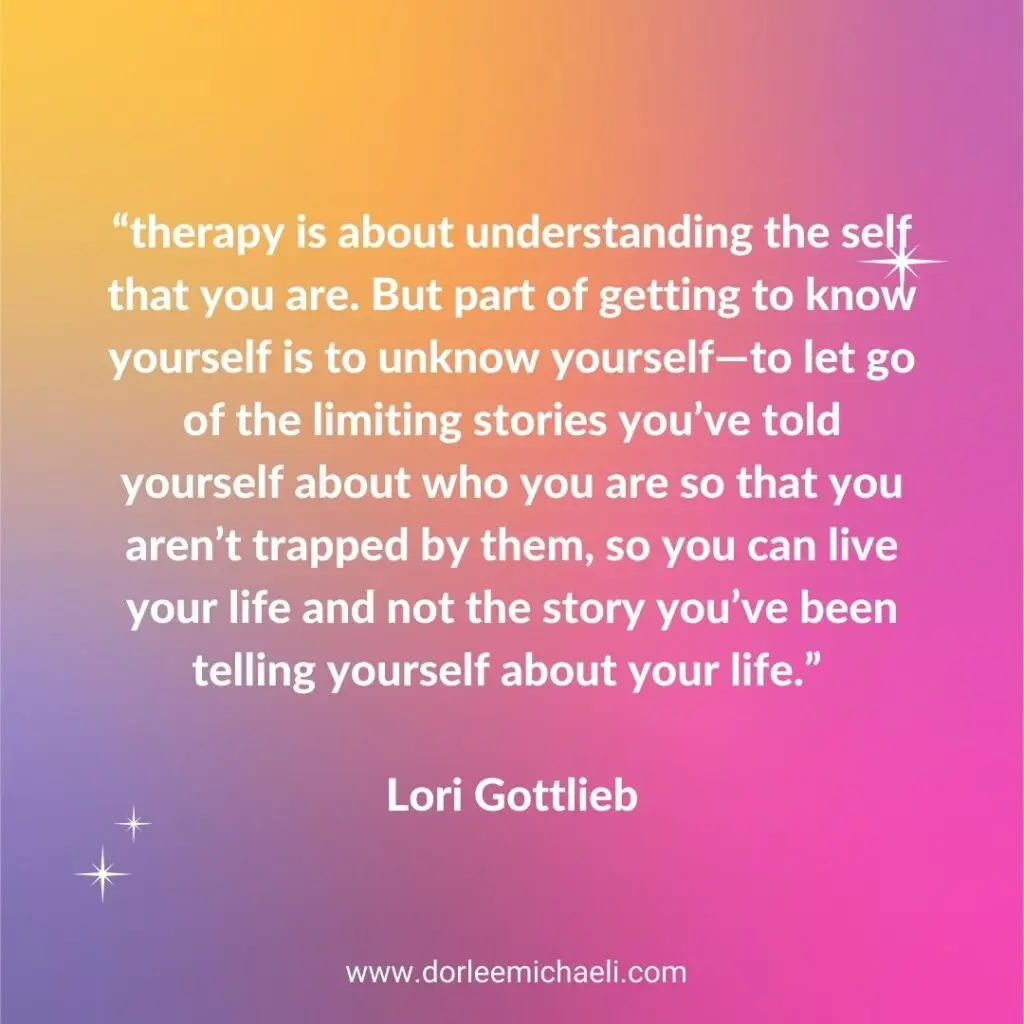
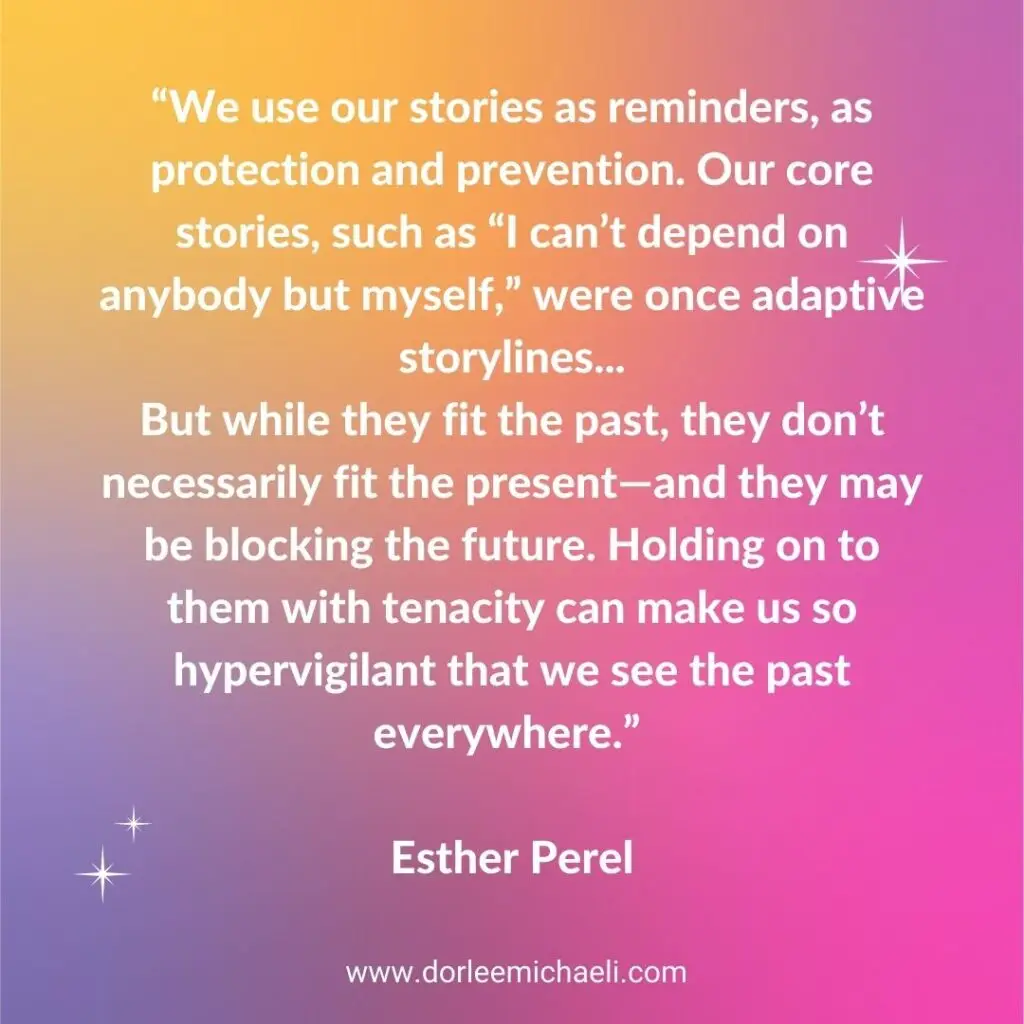

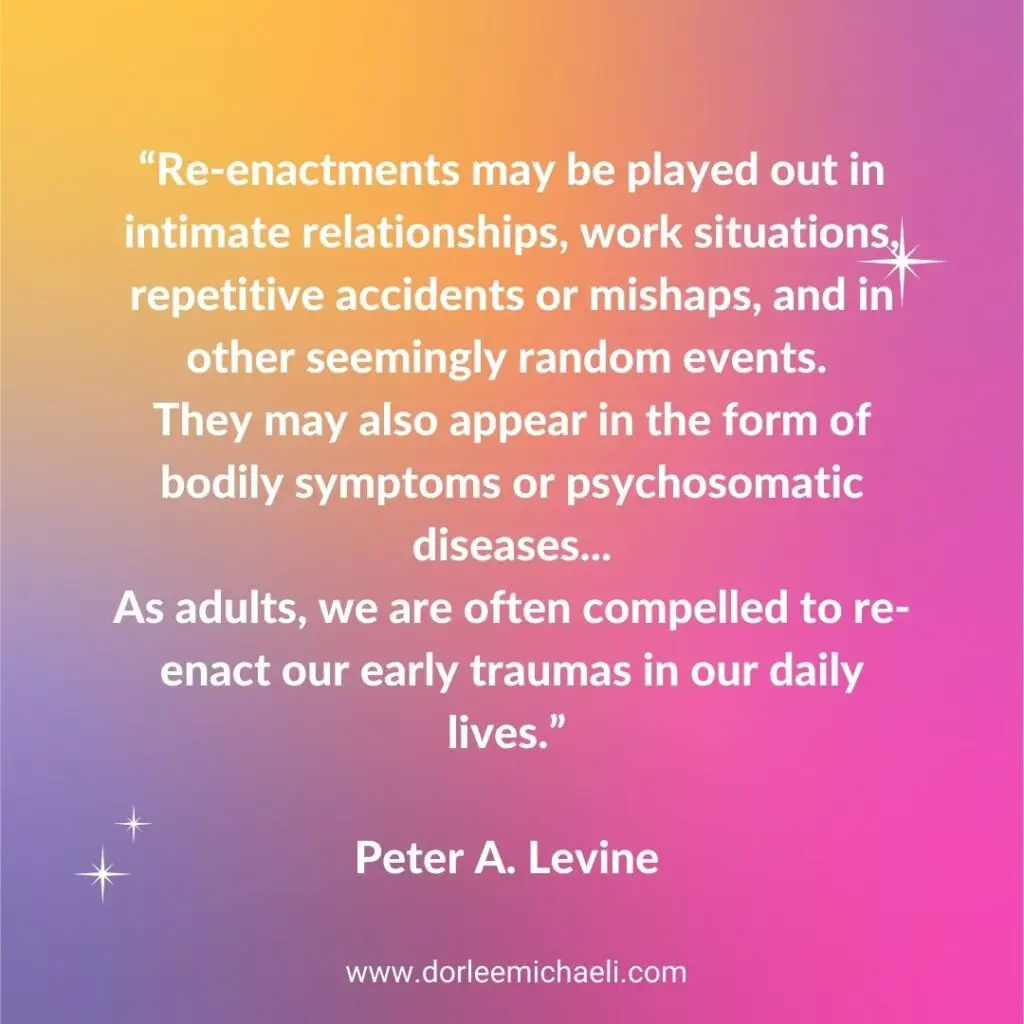



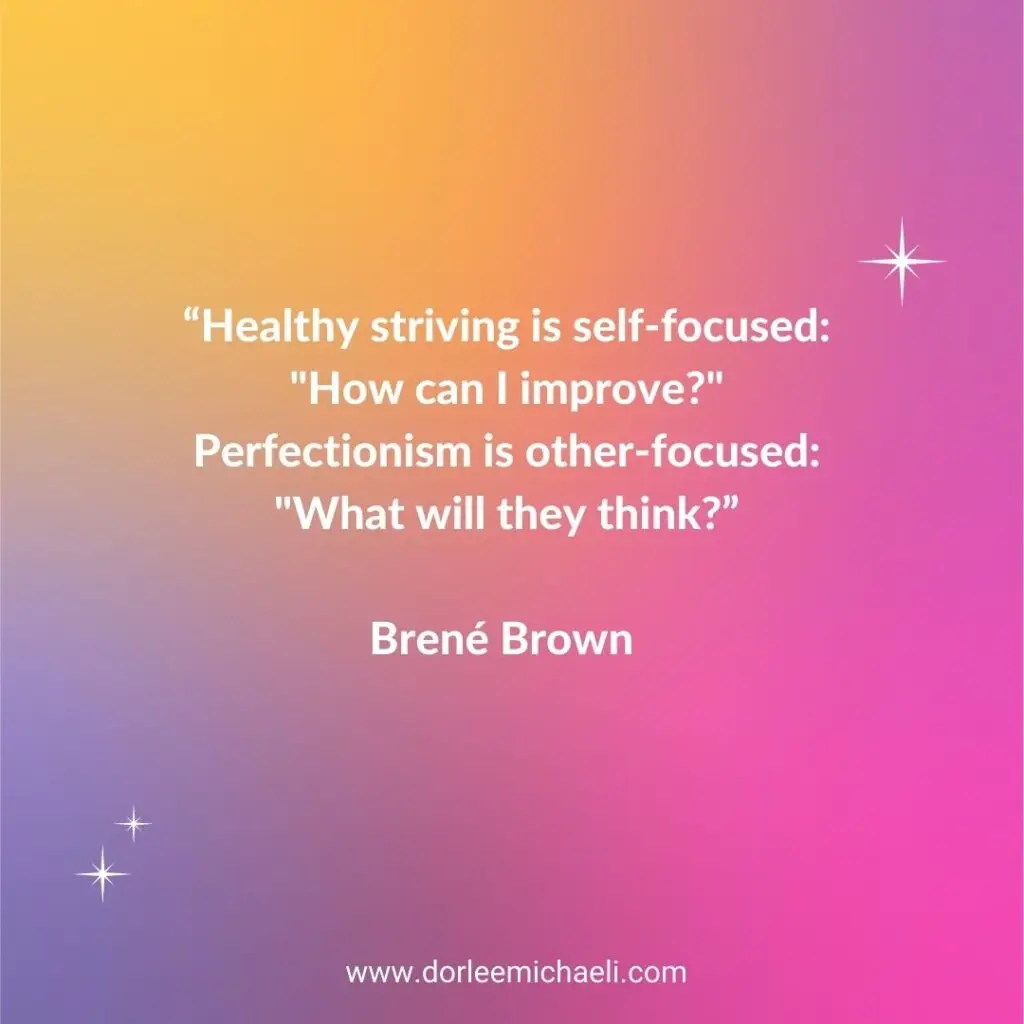
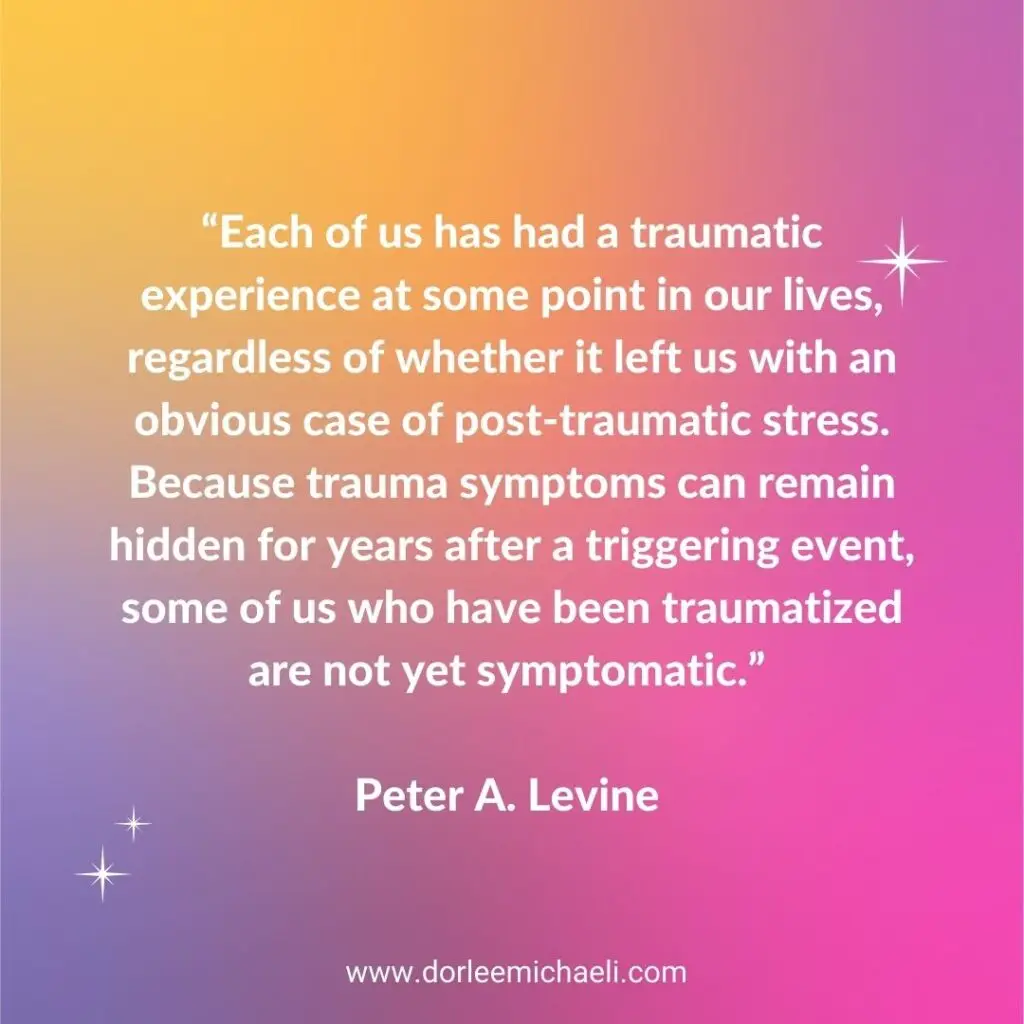

Quotes to Illustrate the Power of Being Heard
There’s something profoundly healing about having your story truly heard, without judgment, interruption, or minimization.
For quiet, high-achieving women, this can be a rare experience. Many of us learned early on to edit what we shared, downplay our struggles, or make our pain sound more palatable so others would feel comfortable. Over time, we may come to believe our needs are “too much” or that it’s safer to manage everything on our own.
In therapy, the rules change. You don’t have to measure your words or protect others from your truth. You can speak freely, pause when you need to, or even sit in silence while your therapist holds the space with you. This kind of presence is powerful because it tells your nervous system: You matter. Your experiences matter. You are worth listening to.
Therapy is one of the most sustainable forms of self-care. For clients who want concentrated support, EMDR Therapy offers a research-backed way to release stored stress and restore balance.
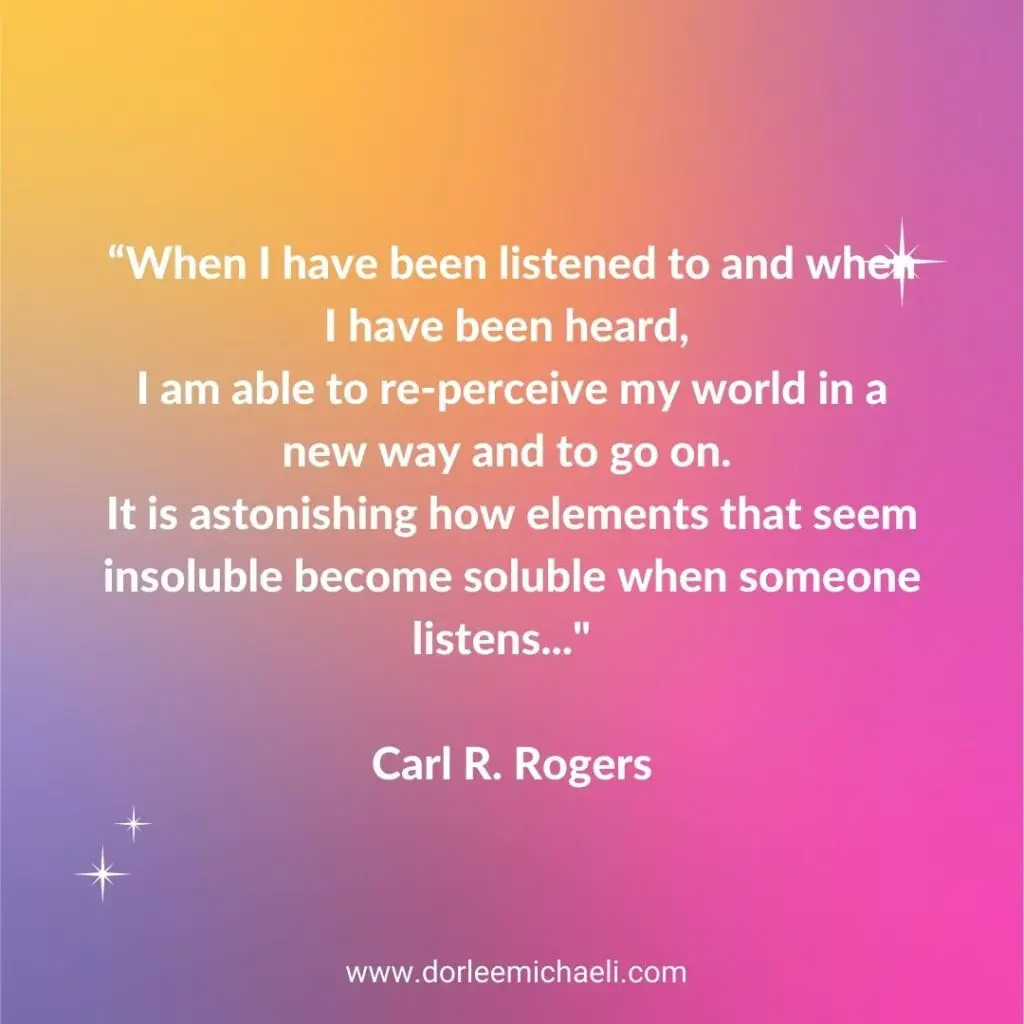
This kind of listening can be life-changing, especially if you’ve never had it before.
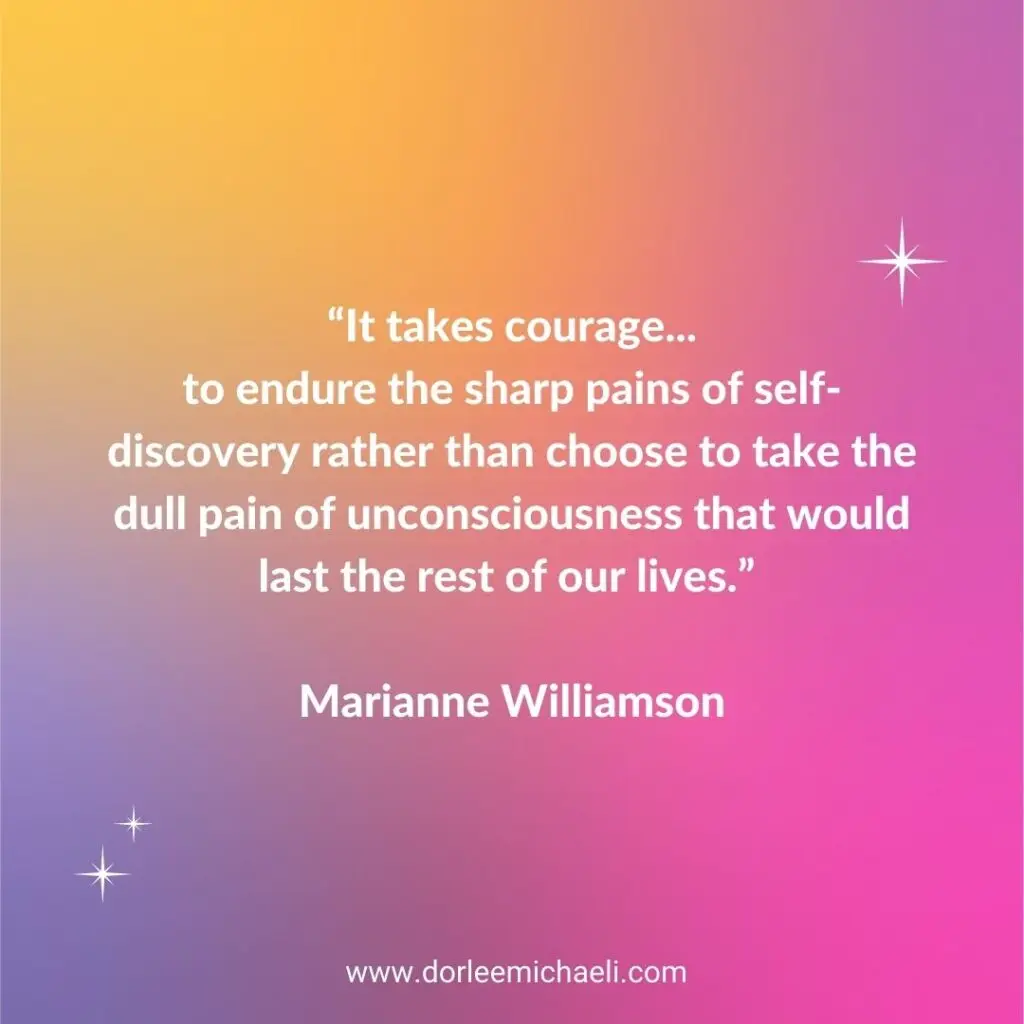
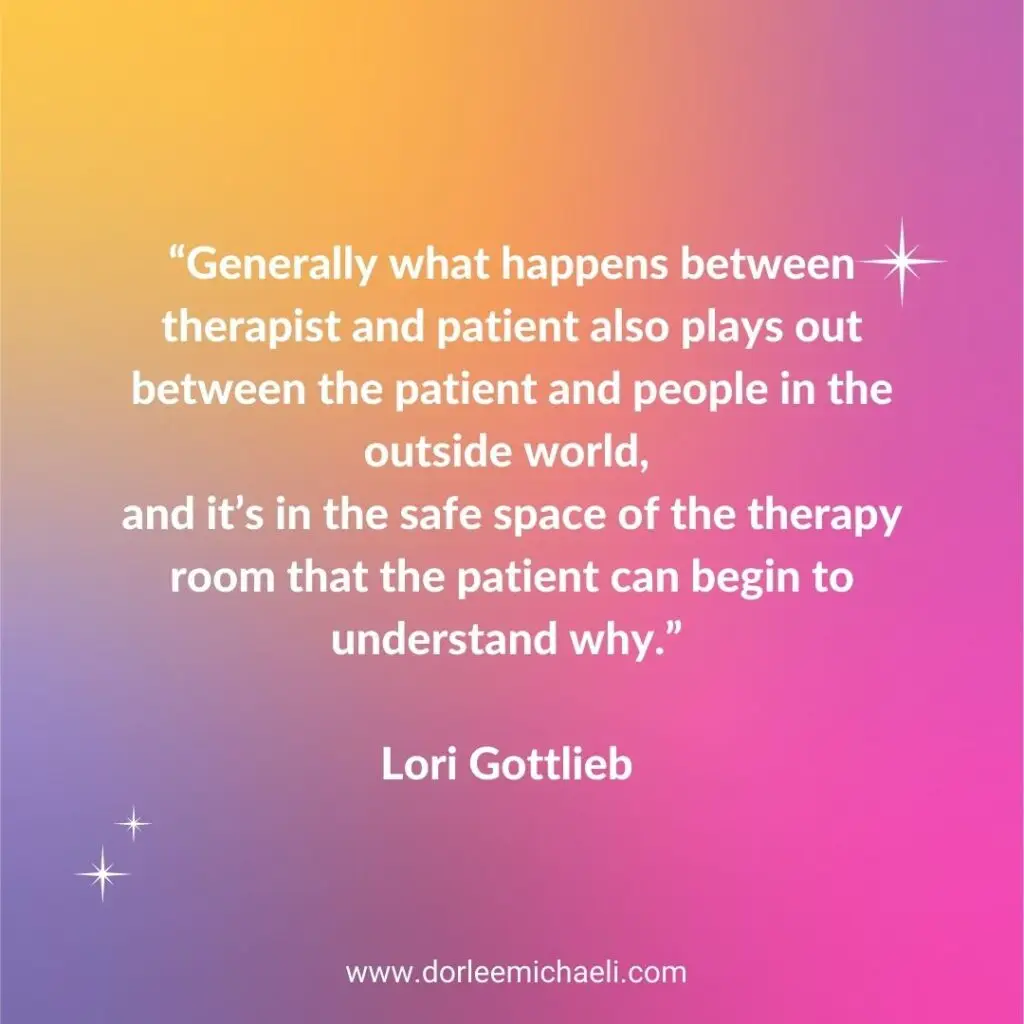
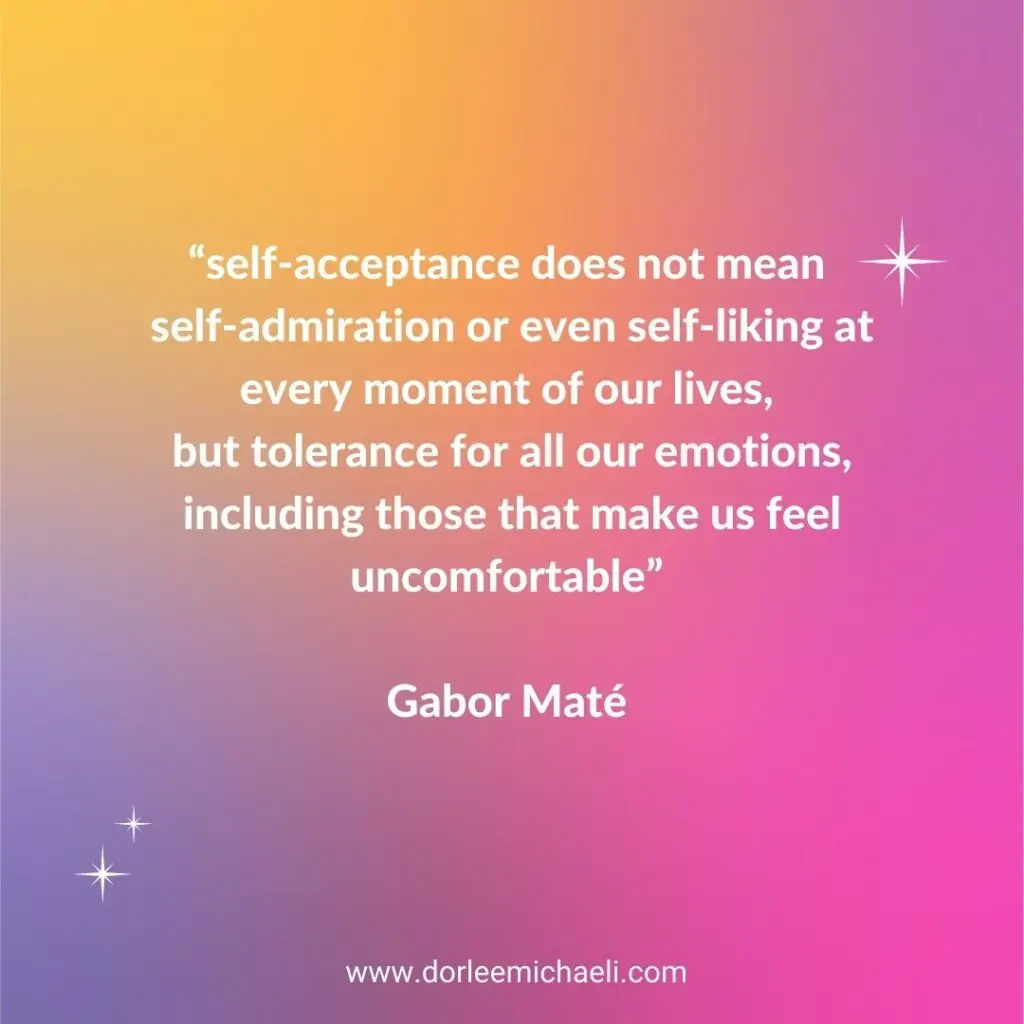
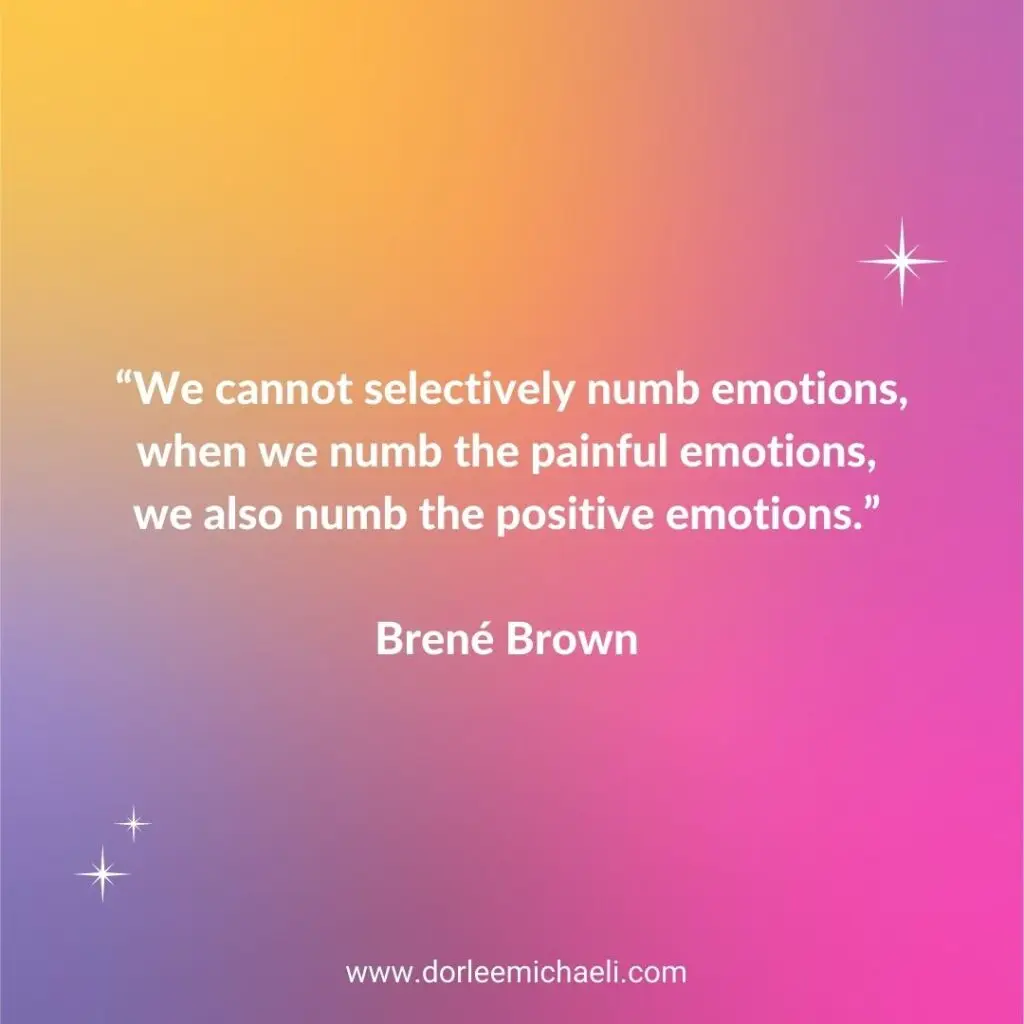

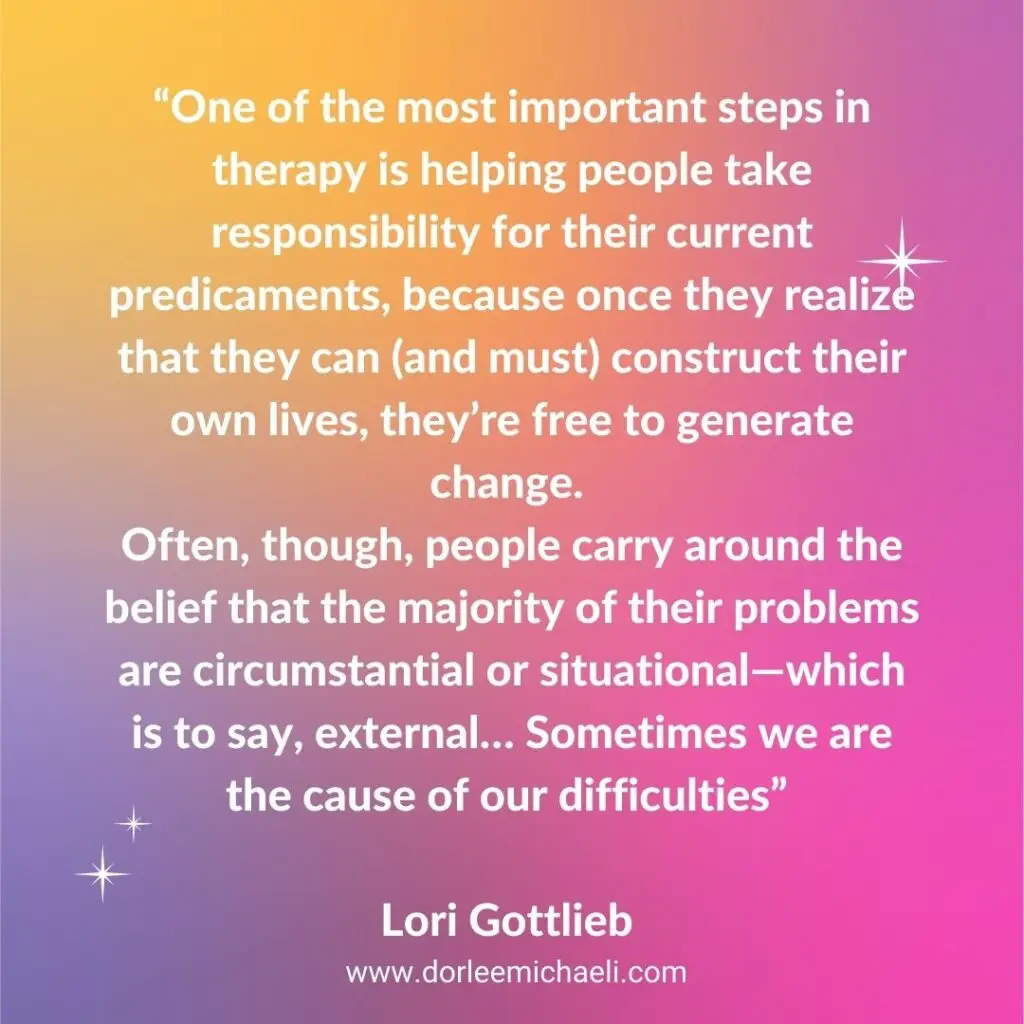
Being deeply heard can help you untangle layers of self-doubt and shame that have been weighing you down for years. It can also create the safety you need to face things you’ve kept buried, unresolved grief counseling, unspoken resentments, or formative wounds that still shape your choices today.
This is why, in my own work as a therapist, I place such importance on creating a space where nothing you share is “too small” or “too much.” Whether we’re exploring grief after a loss, reprocessing a painful memory, or celebrating a breakthrough, your story is met with respect and care.
If you’ve spent years being the listener, the helper, or the strong one, it can feel almost disorienting to have the focus entirely on you. But over time, receiving this kind of attention helps you internalize a new truth: I am worthy of being heard and cared for, exactly as I am.
And when that belief takes root, it doesn’t just change how you feel in therapy. It begins to transform how you move through the rest of your life.
What other inspiring therapy quotes come to mind that you’d like to share?
If you’re ready to experience this kind of support, I’d be honored to walk with you. You can learn more about my therapy services in NY, NJ & IL or schedule a free consultation to explore whether we might be a good fit.
Last updated September, 2025
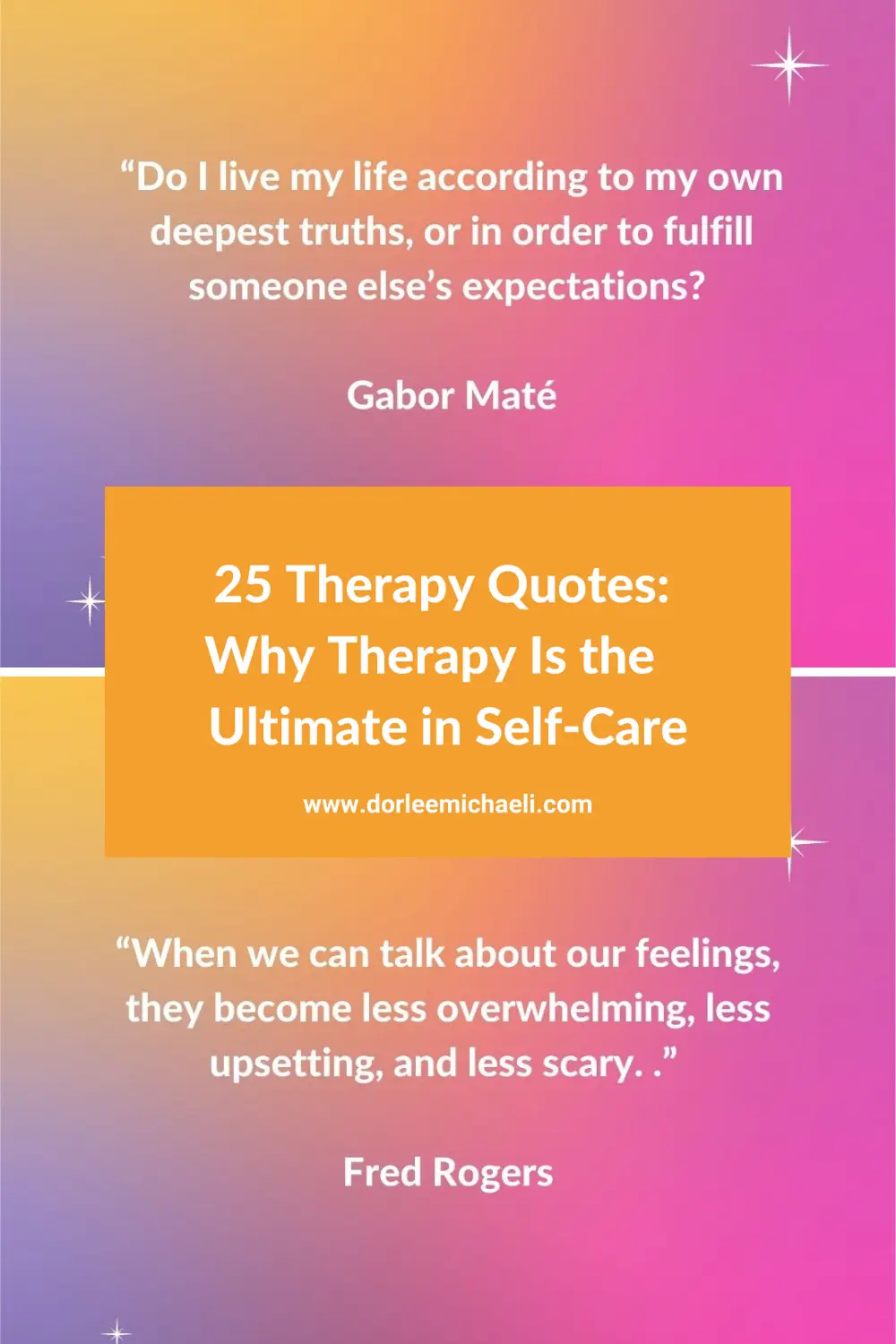

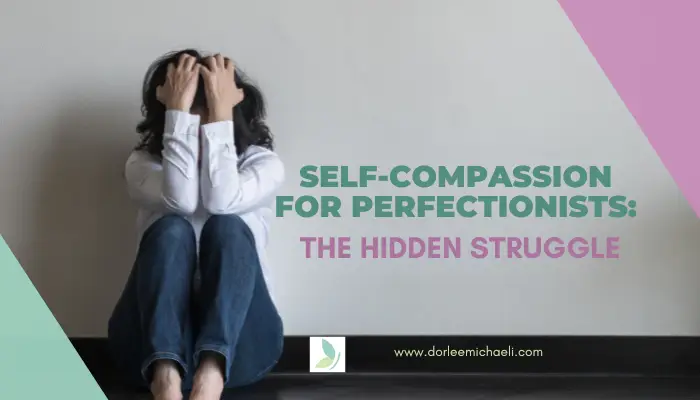


Pingback: Grounding Techniques: 12 Ways to Calm Anxiety Fast [Free Download]